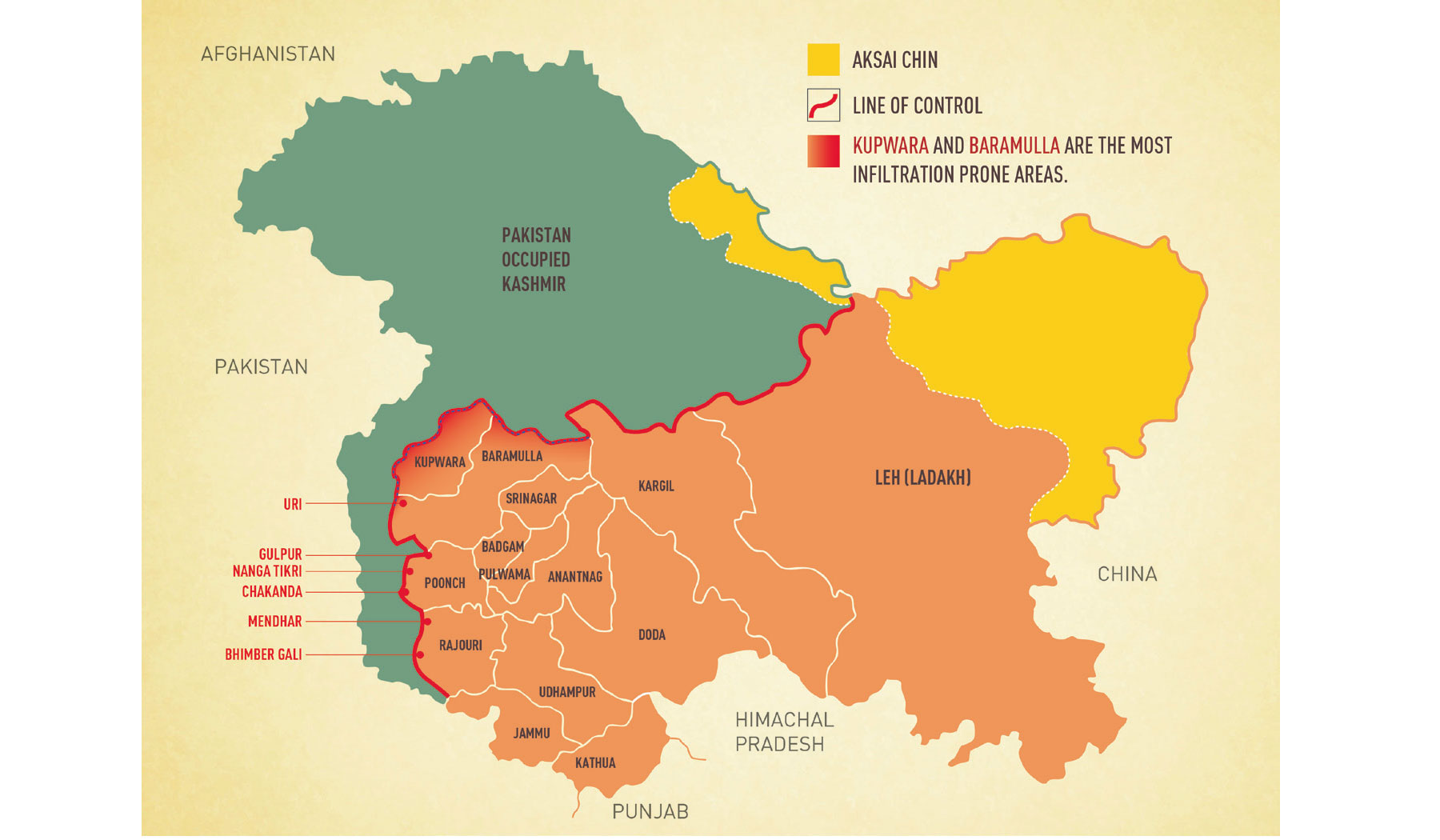Anger within the military, specifically the Army, forced Prime Minister Manmohan Singh to replace his conciliatory line on Pakistan with a more hard-line stance, warning Islamabad that the recent beheading of an Army jawan has made “business as usual” impossible.
According to a high-level source within the government, “The PM was directly told by Army chief General Bikram Singh that the mood of his men was ugly, and that they needed to know that the government felt the same way.” Intelligence reports say, that comment about the PM in military messes across the country “now verges on the scatological”, and that “the overwhelming perception of the men in uniform is that the PM would make any compromise” to secure peace with Pakistan. Other soundings reveal that “there has been considerable forward movement on plans to demilitarise (i.e. withdraw) from Siachen, and to accept the Pakistani contention that the international boundary in Sir Creek ought to be on the Indian side”, rather than in the middle of the waterway.
Although the present Army chief faced a whispering campaign at the time of his elevation, with unnamed sources claiming that the spouses of his two children “had Pakistani roots and connections”, a senior official clarified that this report was investigated thoroughly, “and the General was given a clean chit”. He said that the Intelligence Bureau had cleared General Singh well before his elevation as Chief of Army Staff (COAS), “after meticulously sifting through the available evidence”. What is clear is that the COAS has from the start adopted a hard-line stand on both AFPSA and Siachen, underlining the military view that retaining both “was vital to the national interest and to India’s security”, in the words of a senior officer. The visit by Gen Bikram Singh to the villages of the martyrs has gone down well with the troops, as have his forthright comments on the need for a “robust response” to Pakistani incursions.
Army sources are angry at the rumours — “deliberately spread by those seeking to get Pakistan off the hook by equating India with its neighbour” — about Indian troops too engaging in acts such as mutilation of bodies. These sources say that “to the Indian jawans, a dead soldier from the other side is no longer an enemy, but someone in uniform who needs to be respected”. They point out that even during Kargil, “the bodies of dead Pakistani soldiers were treated with respect and buried in accordance with religious rites”. This is “despite the savage mutilation of Lt Saurabh Kalia by Pakistan forces”. Incidentally, even during the 1971 Bangladesh War, a Major Paul was subjected to the same barbaric treatment by the Pakistani troops. Army sources were amused at Pervez Musharraf’s comment that “why would Pakistan forces return (mutilated) bodies” if they had committed such acts, pointing out that returning such bodies “has been a standard part of the psywar arsenal of Pakistan forces against India”.
Given the anger within the military at the perceived soft line of Manmohan Singh towards Pakistan, senior officials say that it is unlikely that the PM will “operationalise his agenda of offering major concessions to Pakistan in order to seek to change the hearts and minds of the establishment there”. The military has anyway been dismissive of such measures, pointing out that the Pakistan Army remains immune to any gesture of peace with India short of a handover of Kashmir. Officials say that the PM “has quietly been placing officials friendly to his views in key slots”, such as at External Affairs, Home and Defence, “but that the public mood now makes such Gujral-style diplomacy unlikely, if not impossible”. By its wanton act of beheading a soldier, the Pakistan Army may have lost its best chance of getting India out of Siachen.

